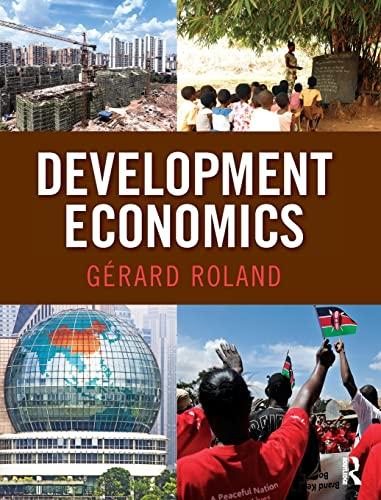Under the same assumptions as in question 1 (however, assume for simplicity that C A = C
Question:
Under the same assumptions as in question 1 (however, assume for simplicity that CA = CB = C), suppose that there are 2 periods and that the probability that country A wins in period 1 is 70%, while it is 30% in period 2 (the probability that country B wins is then 30% in period 1, but 70% in period 2). If both parties can commit to a negotiated agreement over both periods, how much payment can country A extract from country B over the 2 periods? Now assume a lack of commitment in which country A may, after signing an agreement, exploit its advantage in period 1. How much would country B have to pay country A in order to prevent a conflict in that case?
Data from question 1
Assume two countries, A and B, are considering going to war with each other. Each has initial resources of 100. In case of war, the winner gets the resources of the losing country, but pays a cost of war cA or cB. Call p the probability that country A wins (the probability that B wins is thus 1 - PA). Assume that there is full information available and both parties can commit to an agreement. Also assume that country A has all the bargaining power and can impose an agreement, making country B indifferent between going to war or not. How large is the payment country A imposes on country B in such an agreement? What is the gain of country A in such an agreement over its expected payoff in a war?
Step by Step Answer:






